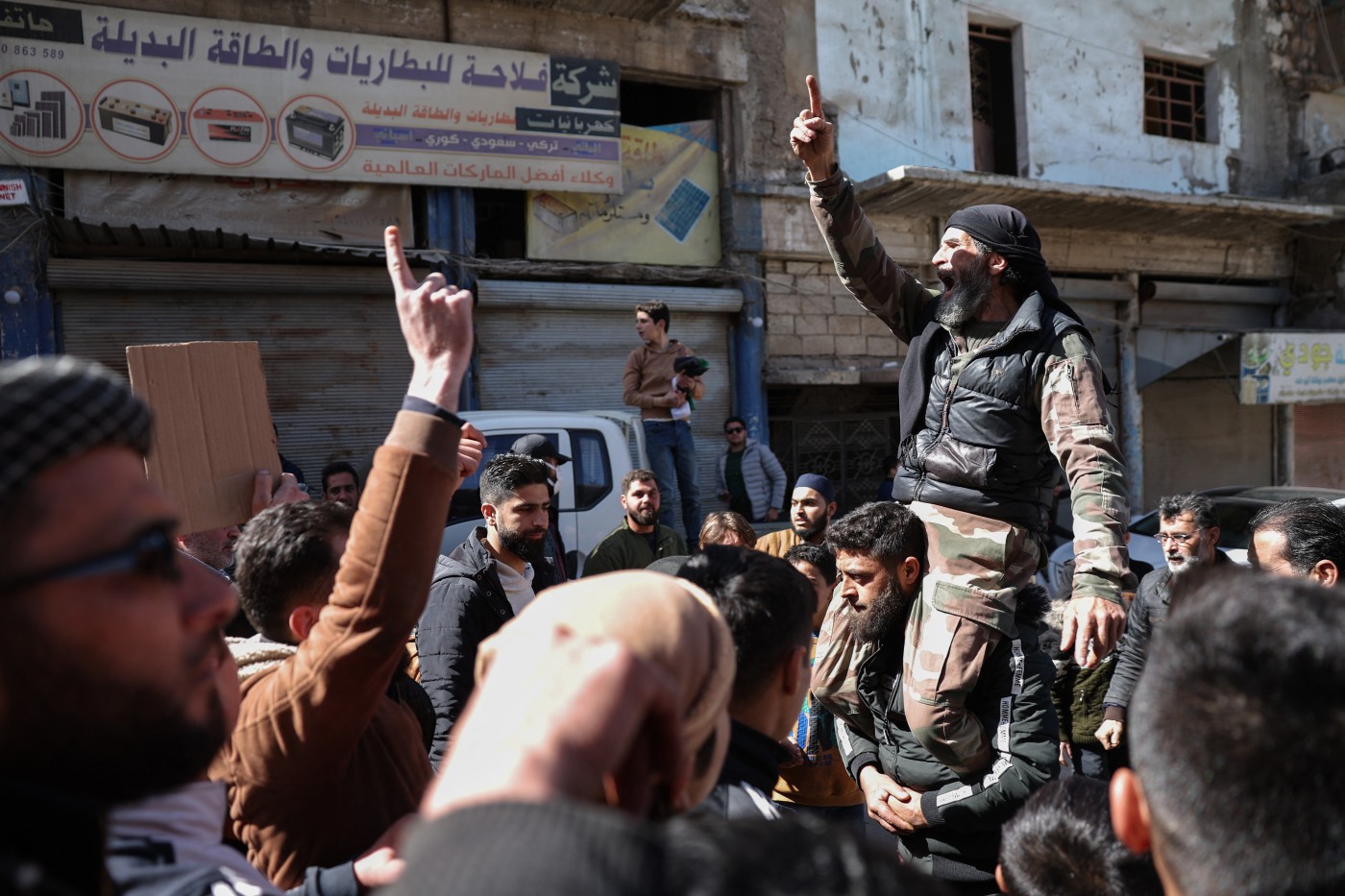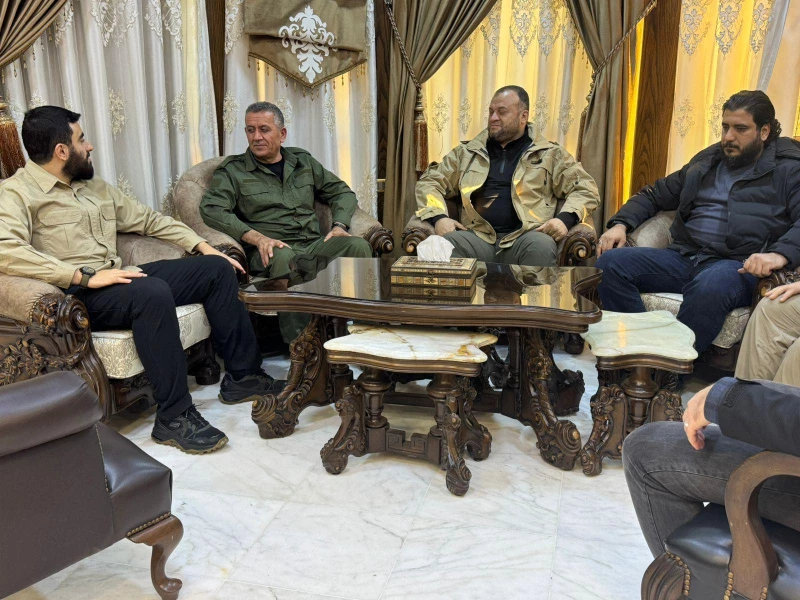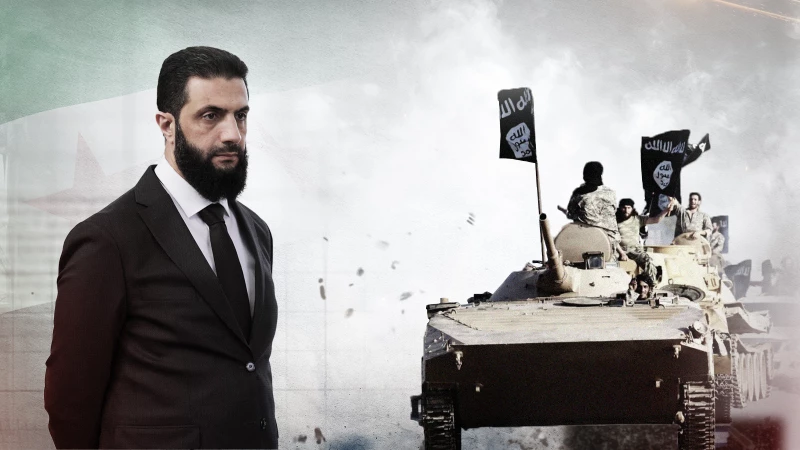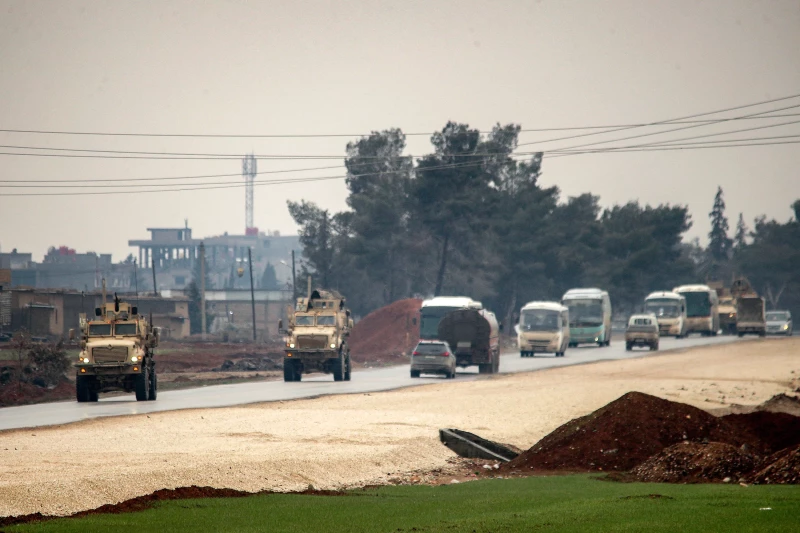Hundreds took to the streets across Syria's rebel-held northwest on Friday in rare protests against its jihadist rulers, as anger simmered a week after a man died in their custody.
About half of Idlib province and parts of Hama, Aleppo and Latakia are controlled by former Al-Qaeda affiliate Hayat Tahrir al-Sham (HTS).
The rebel-controlled region hosts about three million people, many of whom fled other parts of the country held or recaptured by the Russian and Iranian-backed government of President Bashar al-Assad.
Dozens of civilians gathered around the Idlib clock tower, chanting slogans against HTS leader Abu Mohamed al-Jolani, an AFP correspondent reported, with one man brandishing a banner that read "freedom of opinion and speech is not a crime".
"We took to the streets to say no to injustice, no to HTS's policies, and no to Abu Mohamed al-Jolani," said 30-year-old protester Abdul Rahman Talib.
Another protester, Mohammed Assaf, 30, told AFP: "Our protests erupted after a crime was revealed: a young man was killed under torture.
"Our demands are clear: overthrow Jolani, free the prisoners, put an end to the security grip they have on us."
On February 23, a rebel fighter was killed under torture after eight months in HTS custody, according to the Syrian Observatory for Human Rights.
Since gaining control of the Idlib region, HTS has set up its own security apparatus as well as a civil administration that collects customs duties at the Turkish border.
Human rights groups and the United Nations's Commission of Inquiry on Syria have accused HTS of human rights abuses including torture, sexual violence and enforced disappearances.
Protesters also took to the streets of other HTS-controlled towns and villages including Binnish, Marea, Killi and al-Atarib.
In the town of Binnish, in Idlib province, dozens chanted: "Jolani, we don't want you".
Wearing a three-starred Syrian rebel flag around his neck, Abdulaziz Ali, 54, said he wanted to see HTS's security apparatus held to account.
"We are hearing about what happens in prisons, things that a human heart can't bear," he said.



 Facebook
Facebook
 LinkedIn
LinkedIn
 Telegram
Telegram
 X
X


